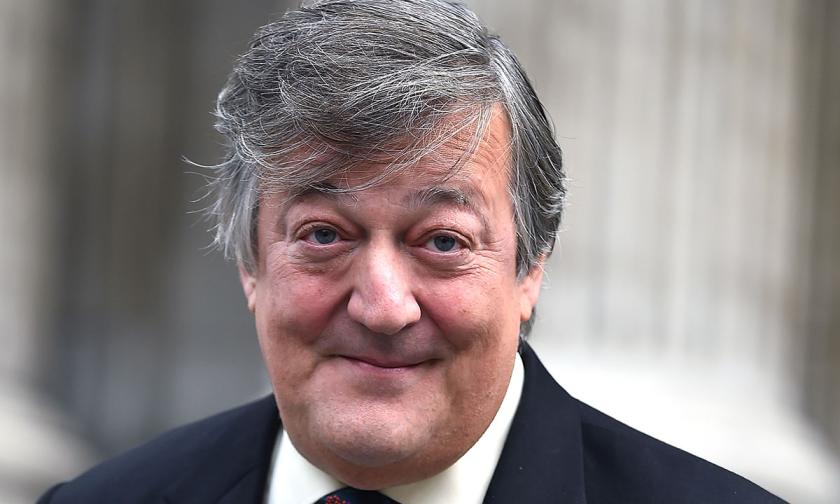A running gag in David Nicholls' novel The Understudy is that its main character is called Steve McQueen. Not that Steve McQueen, the multi-award-winning, critically acclaimed, rich and successful one.
No, this Steve McQueen (Russell Tovey) is recently divorced, lives in a horrible studio apartment and has an acting career that is going nowhere. Then he lands the role of understudy to Josh Harper, aka the 12th sexiest man alive, making his West End debut in a serious role. Will his luck change?
That's the promising premise of Nicholls' very readable romantic comedy and in Henry Filloux-Bennett's faithful adaptation (in two parts), directed by Giles Croft, it rattles along nicely. Part radio play, part animated film, it was created virtually with each cast member recording their part at home, and is broadcast to raise funds for theatrical charities.
Josh (Jake Ferritti) is the star of “Mad, Bad, and Dangerous to Know”, a play about Lord Byron, and Steve is his understudy, but unlikely ever to have to step in as Josh is infuriatingly healthy. He's also vain, not particularly talented and is having an affair with his leading lady Maxine (Emily Atack). They both treat Steve as a gofer, but when Josh invites him to his birthday party, Steve feels they have clicked. When he gets to the star's palatial warehouse apartment, however, he finds he has been invited to serve cocktails.
But at least there's Nora (Sheila Atim), Josh's brilliant, witty American wife, to talk to. Nothing about Josh and Nora's relationship makes sense, other than to drive the plot, but Steve is smitten. And then, when he walks in on Josh and Maxine snogging, what's he to do? The internal dialogue is provided by Stephen Fry, at his most avuncular, as the narrator, so we are privy to Steve's thoughts and conscience. Could he, would he, turn this piece of information to his advantage?
The limitations of making a play in this fashion are occasionally apparent, as some actors are better than others in getting the right modulation as if speaking dialogue with another actor in the room rather than saying lines, but technically it's a great feat. And there are some galloping stereotypes here – brain-dead actors, rubbish agents and starstruck directors – to name a few, but Nicholls provides lots of in-jokes about the theatre; there are some kicks to the groin about actorly egos, but also some spot-on observations. As Nora says at Josh's birthday party, you could tell all the guests are actors because they all harmonised when singing “Happy Birthday”.
Part one sets up the story nicely; part two on 27 May will tell us if Steve's luck turns.















Add comment